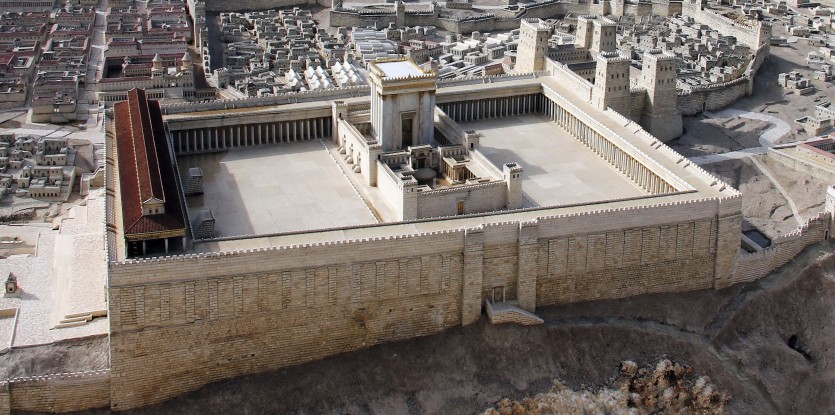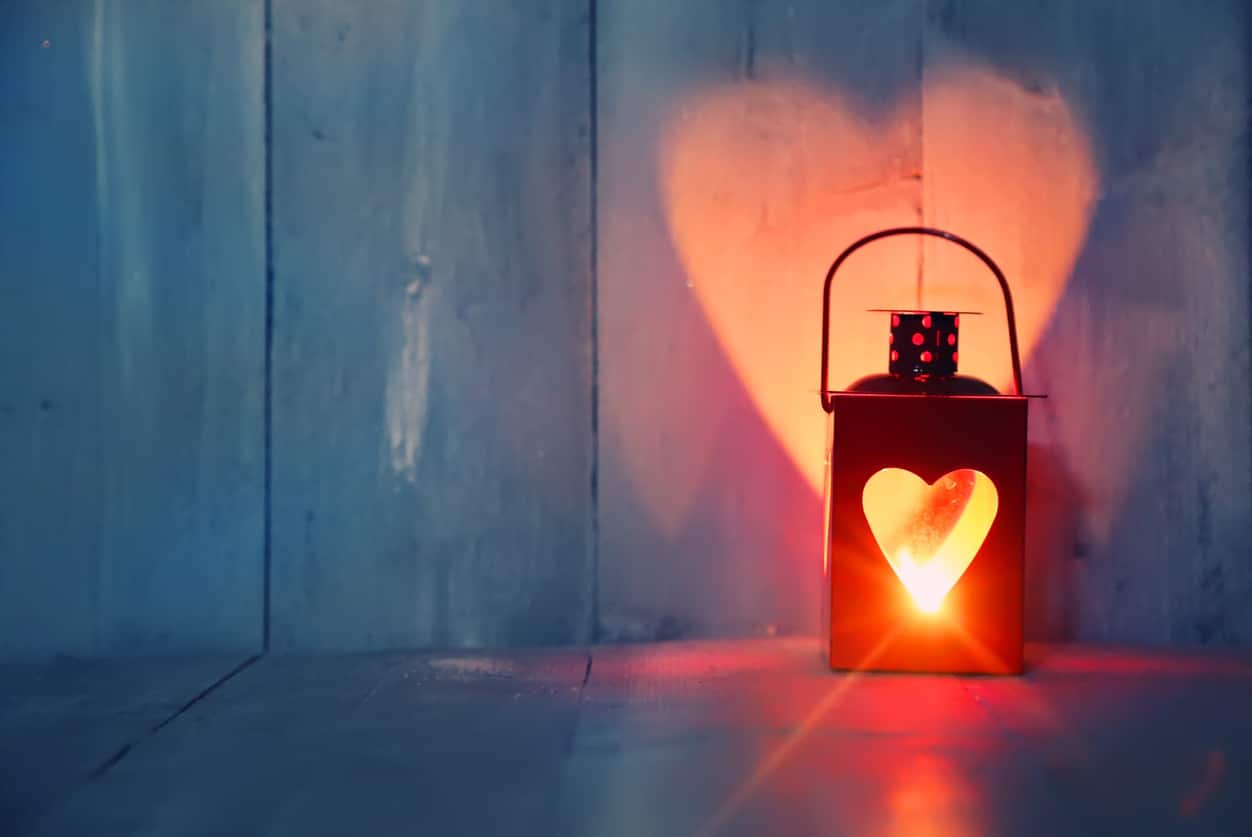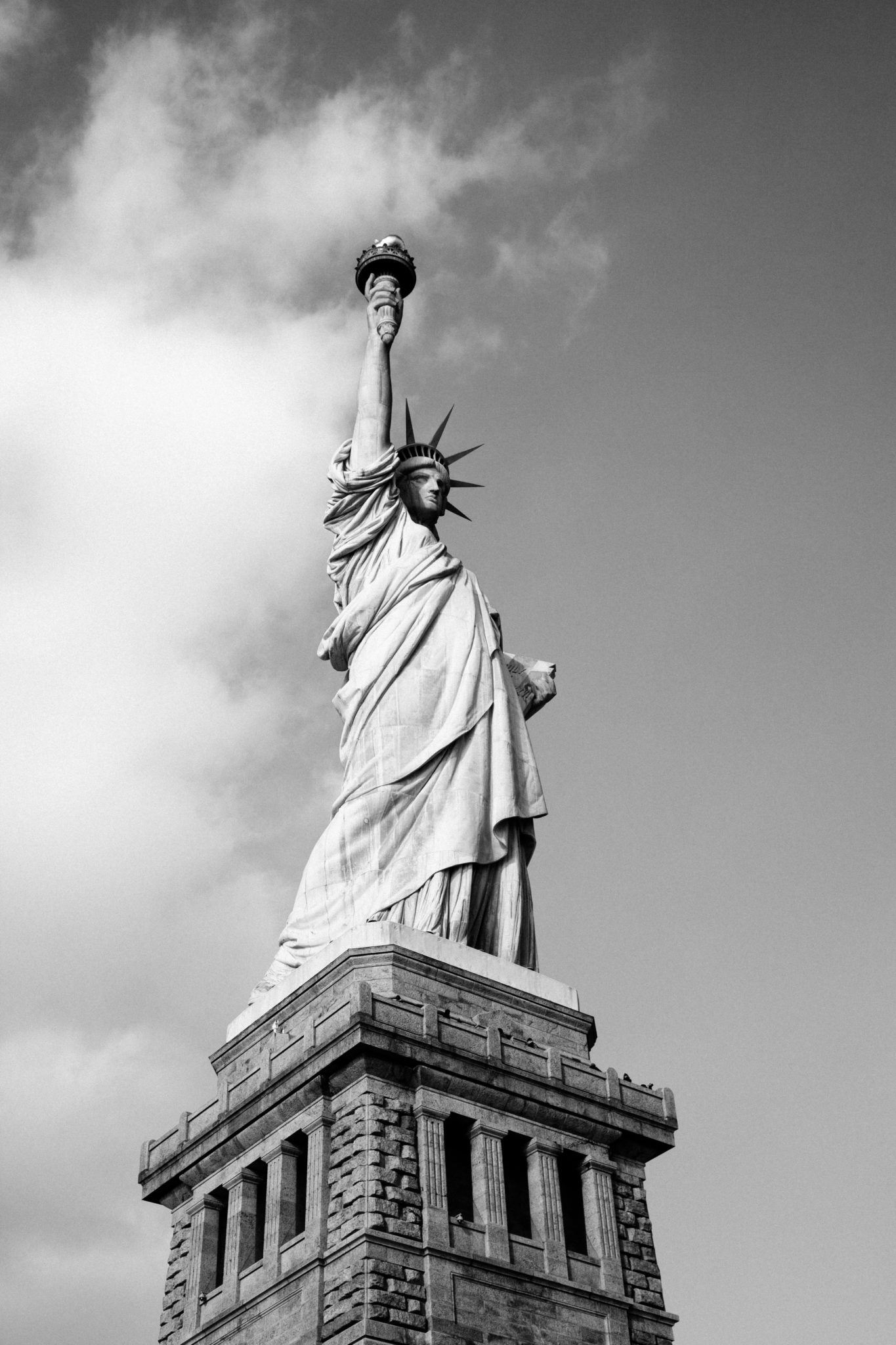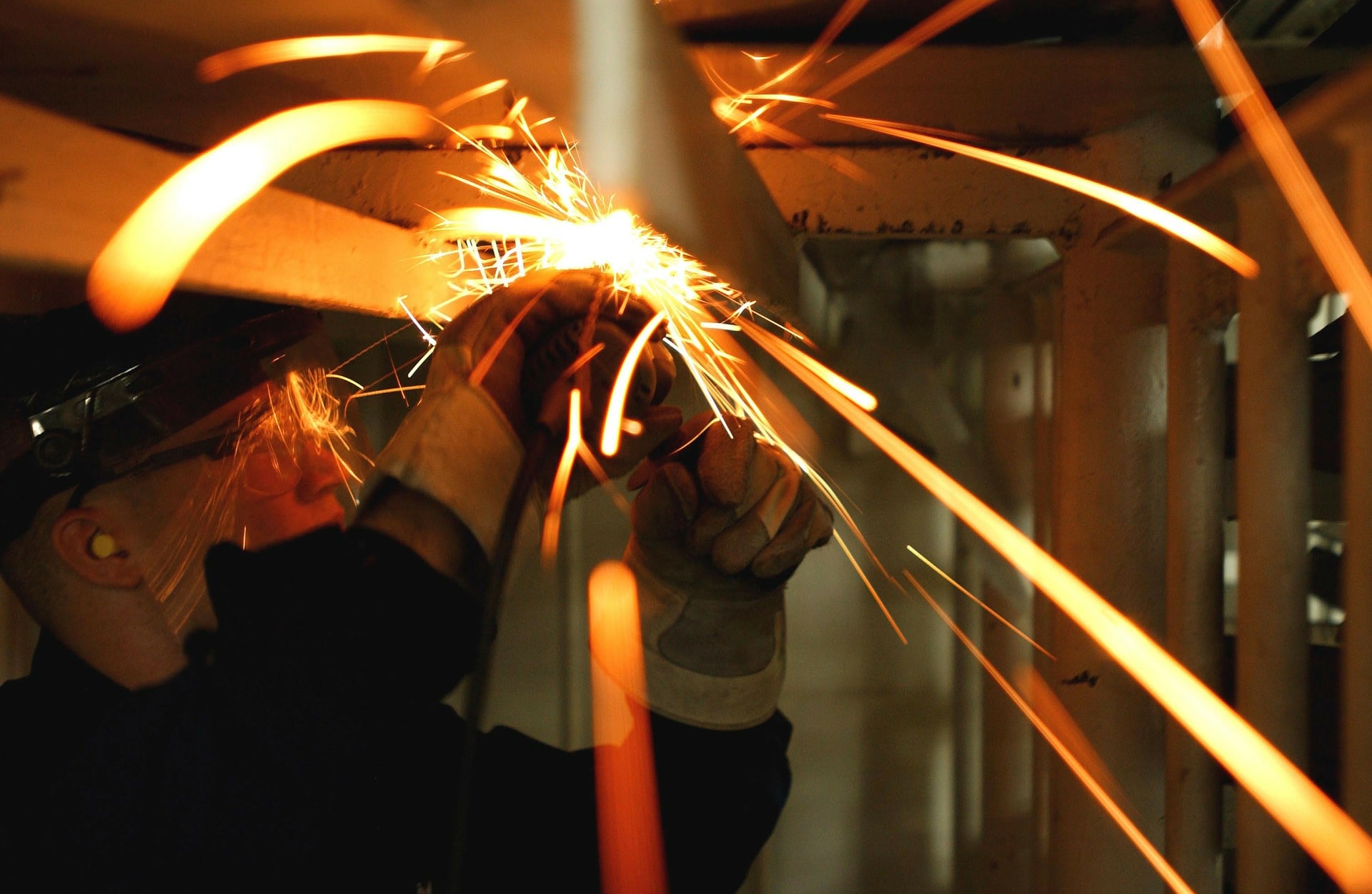Blood Soaked Talit: What in the World Can We Do?
The Voice is Jacob’s Voice, But the Hands are the Hands of Esau — This week’s Parsha (Toldot) 27:22
The Battle for Jerusalem
How can your heart not tear asunder seeing the horrific scenes of Jews in Talit and Tefillin covered in blood? We haven’t seen such chilling images since the Holocaust. Jews praying in shul slaughtered like sheep — while candies are being handed out in celebration in Gaza… What should be our response? What do we do with our outrage and anger? How do we move one without going into denial?
Make no mistake about it: The current attacks against Jews is nothing less than a battle for Jerusalem and the Temple Mount (as we are clearly witnessing today) — a battle which has been raging for centuries if not millennia.
Beginning (in this week’s Torah portion) with the struggle in Rebecca’s womb between the twin brothers, Esau and Jacob, the war for Jerusalem defined the course of history. As Rebecca was told by G-d, in reply to her question why her pregnancy was so difficult: “Two nations are in your womb. Two kingdoms will separate from inside you. The upper hand will go from one kingdom to the other. The greater one will serve the younger,” “when one rises, the other will fall, and so states the verse [1]: ‘I shall become full from the destroyed city.’ Tyre became full [gained power] only from the destruction of Jerusalem.” [2]
Ever since Esau wielding his sword and Ishmael his knife has been a tragic part of our history. But this does not console us. How much more innocent blood has to be shed by the “wild man” (pereh odom) and the “warrior” (ish melchomo)?! Will the battle for Jerusalem ever end?!
And above all, what can and should we be doing about this?
Maimonides writes that when a calamity strikes a community we must cry out, examine our lives and correct our ways. To say that the calamity is just the way of the world and a coincidence is cruel and insensitive.
So what exactly can we do in face of our recent collective tragedy?
Build Jerusalem
The answer lays in the very same stressful pregnancy: “when one rises, the other will fall, I shall become full from the destroyed city. Tyre became powerful only from the destruction of Jerusalem.”
For us to regain power we must rebuild Jerusalem. We must build what our enemy seeks to destroy.
This horrific attack on Jews was in a synagogue, a shul in Yerusholayim. A shul is called a “mikdash me’at” — the Holy Temple in microcosm.
“When one rises the other will fall:” When we build and fortify Jerusalem — both physically and spiritually — the “other side” naturally falls.
For every attack on a Jew, especially in Jerusalem, we need to build an even greater edifice. Both physically — as in homes, synagogues, schools. As well as build spiritual Jerusalem, which means intensifying our “complete awe” of the divine — the etymology of Yerusholayim is comprised of two words: Yirah sholom, complete awe.
Baseless Love
How do we rebuild the spiritual and physical Jerusalem and its Holy Temple? The Talmud tells us [3] that a generation that does not rebuild the Temple is considered as if it destroyed it. Because the Temple was destroyed due to to baseless hatred, and as long as we do not correct that we remain responsible for the continued state of destruction.
Thus the clearest path to building Jerusalem and its Holy Temple is to create a groundswell of baseless love — to counter baseless hate — thereby eliminating the cause and thus the effect of Jerusalem’s destruction.
“Build me a sanctuary and I will rest among you,” G-d tells the people. The Temple is a channel and vehicle for the Divine presence among us in the material world.
We must rebuild the Temple in our times. We must transform our lives, communities, societies into a Divine Sanctuary. And thereby prepare the ground for the rebuilding of the physical Temple in Jerusalem. Indeed, we are taught that the Temple above is spiritually ready; all it needs is to descend below. And this is precipitated through our actions – through our study, prayer and charity.
As we see Jews desecrated in their holiest moment — standing in prayer, wrapped in a talit and tefillin in a sacred sanctuary — there is only one true and lasting response: Commit to build more sanctuaries; to attend services more often; to wrap yourself in a talit and tefillin and pray like never before.
Mitzvos that Protect
Every mitzvah is an act of light dispelling darkness. But there are certain mitzvot that have unique properties of divine protection against enemies. These include: the mitzvah of affixing a mezuzah to the door, which offers protection [4]; giving tzedakah generously, which “saves from death” [5]; and donning tefillin, about which it says “all the nations of the world will see that the name of G-d is called upon you, and they will fear you” [6]
In the merit of the holy martyrs who were slaughtered while the unity of God was proclaimed in the tefillin bound to their arms and foreheads, may every single one of us commit to donning the tefillin every day, and if we already do, commit to encouraging and inspiring a friend, a co-worker, a family member, anybody and everybody to don the tefillin.
May we adorn out doorposts with holy mezuzot, thereby proclaiming that this edifice is dedicated as a sanctuary for G-d and is protected by him. The mezuzah simply and sweetly says: God resides here. “G‑d shall guard thy going out and thy coming in from now and forevermore” [7].
And tzedakah – which is not only giving charity, but also includes acts of righteousness and kindness. Tzedakah proclaims loud and clear: we Jews are here to change the world, to bring righteousness into the equation, to dispel the selfish darkness with our selfless light.
Children
In times of crisis Jews always gathered the children together and had them recite verses, say prayers and give charity. [8]
As King David writes in the Book of Psalms: [9] Mepi oililm v’yonkim yosadeto oiz l’hashbis oyev u’misnakem – “Out of the mouth of babes and infants You have established Your might – to answer those who deny You, to silence the enemy and the vengeful.”
Let us gather our children both at home as well as in assemblies and rallies, where we recite Torah verses together, pray together, and give tzedakah together.
Besides all the other benefits in doing this, your children will forever remember that we Jews do not retreat in times of challenge. We stand up with pride and embrace our faith and our traditions.
Action Plan
In sum, the Jewish response to a gruesome attack, is to channel all our outrage and fury into a spiritual eruption of building an even stronger Jerusalem, both physically and spiritually.
Here are practical and actionable steps that each of us can take:
- Commit here and now to love every Jew, friend or stranger, with baseless and unconditional love.
- Eliminate judgmentalism from your life.
- Commit to increase and intensify your synagogue attendance and prayers. Commit to coming more often and to inspire others as well to attend.
- Take part in building/expanding a synagogue and/or Jewish school in Jerusalem. It’s good to do so anywhere in the world, but in light of recent events, especially in Jerusalem.
- If you haven’t done so until now, begin wrapping yourself in talit and tefillin on a daily basis.
- Affix mezuzot on all your doorposts, or have them checked.
- Increase in tzedakah (charity).
- Every morning and evening have your children recite verses, say prayers and increase in charity.
- Place a chumash (Bible), siddur (prayer book) and pushka (charity box) in a conspicuous place in your home, as well as in the childrens rooms.
- Inspire others to do all the above.
This is the way Jews have always responded to challenging events, knowing that “when one rises, the other will fall:” When we intensify the “voice of Jacob” — the voice of Torah, prayer and good deeds — we weaken the destructive “hands of Esau.”
We must embrace that which we always knew: “The more they were oppressed, the more they proliferated and gained strength” [10], making us an invincible people, which no one and nothing can destroy.
We Jews have survived all the great empires: The Egyptians, the Assyrians, the Babylonians, the Persians, the Greeks, the Romans, etc. Not just survived, but thrived. We will survive and thrive through these latest challenges. ,
And we will rebuild Jerusalem and its Holy Temple to its full and greatest glory, even greater than it ever was, and for eternity. Mikdash Adn-ei koninu Yodecho, Hashem Yimloch l’olam vo’ed.
If history is a testimony to anything; if you could be assured of anything, you can be assured of that.
For a more elaborate discussion on this topic, please go here to view Rabbi Jacobson’s latest class.
———
[1] Ezekiel 26:2.
[2] Genesis 25:23. And Rashi on the verse. From Megillah 6a. Pesachim 42b.
[3] Jerusalem Talmud, Yoma 1:1.
[4] See Talmud Avoda Zara 11a. Menochos 33b. Jerusalem Talmud Pe’eh 1:1. Zohar II 36a. III 263b. 266a. Tur Yoreh De’eh 285.
[5] Proverbs 10:2.
[6] Deuteronomy 28:10.
[7] Psalms 121:8.
[8] See Esther Rabba 7:16.
[9] Psalms 8:3.
[10] Exodus 1:12.








Another well written article that really hits the nail on the head. Thanks
bH
The most important protective Mitzvah – the one we read about every Shabbos Shacharis – is missing: Shmiras Shabbos in return for HASHEMs guaranteeing peace, SHALOM within our borders. Any Jew who knows that and does not observe Shabbos to the best of his or her ability according to Halakha, is a traitor to himself, to all his fellow Yidden.
When one is ill, there are two components to better health. 1. An intact person and immune system 2. treating the offending disease. Your article correctly addresses number one but neglects number two. Hashem helps those who help themselves and the global rise in anti semitism, especially in Israel should not be tolerated. People need to understand that there will be consequences to this kind of behavior.
Even with Tallis and Tefillin and Tefilah and Tzedaka and Teshuvah, arent we still sleeping with the enemy? To build, must we not do more than spiritual building? Maybe make Aliyah?
Great article.
Criticism is a negative force and we need to positively bond with each other even when we dont agree. Dan Adam le kav zechut is a concept that requires us to give another Jew the benefit of the doubt and assume they are trying also to help the Jewish people. We must also wish each other well instead of coveting what the other has. The positive encouragements will create love between us just as the negative comments divide us. Shabbat shalom.